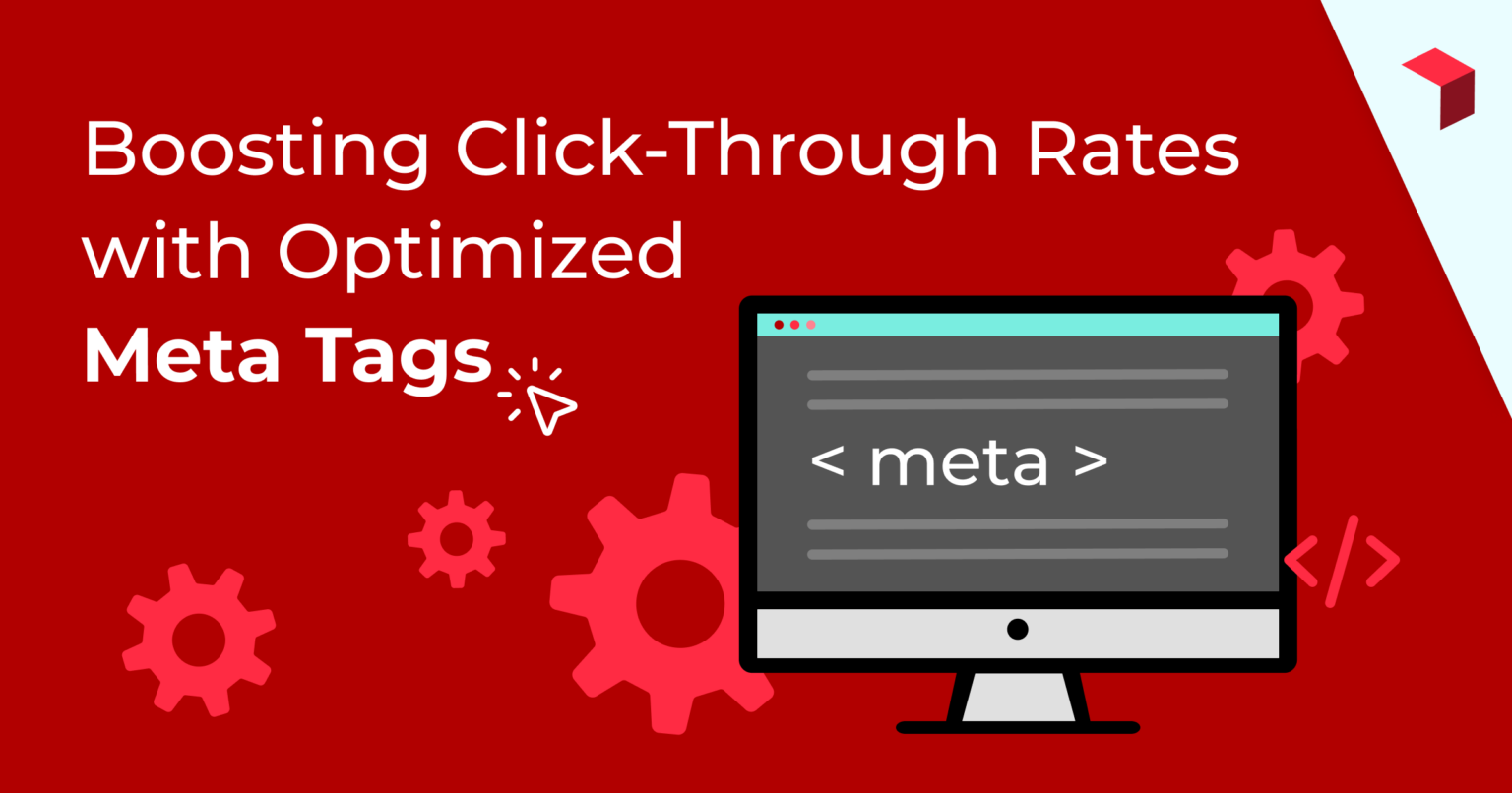With all of the colleges and universities students can apply to, making yours stand out in the sea of search results is an ongoing battle. While ranking high in search results is important, high rankings alone isn’t enough—you still need to get users to click on your school’s website.
One often overlooked search engine optimization (SEO) practice that can significantly impact your visibility is the use of meta titles and meta descriptions, also known as meta tags. These seemingly small elements are actually powerful tools that serve as your website’s first impression to both search engines and potential visitors.
Despite their importance, meta tags are frequently undervalued in SEO strategies for university websites. These tags play a vital role not only in helping search engines understand the content of your pages, but also in encouraging users to explore further.
Whether you’re familiar with these tools, or this is all foreign to you, we’ll help you understand meta tags and show you best practices you can incorporate into your SEO strategy to boost rankings and engagement.
Understanding meta titles and meta descriptions
Meta titles and meta descriptions are HTML elements that provide concise summaries of a webpage’s content. While they don’t directly impact a site’s ranking in search engine results, they play a vital role in attracting clicks and driving traffic.
Here’s a breakdown of each:
Meta titles are displayed as the clickable headline in search engine results. They should accurately reflect the content of the page while incorporating relevant keywords to improve search visibility. Ideally, meta titles should be between 50-60 characters to ensure they display properly on search engine results pages (SERPs). They can also include your institution’s name.
For example, the meta title for this blog post is, “Using Meta Tags to Improve Click Through Rate | iFactory.” (56 characters.)
Meta descriptions are brief snippets that describe the content of a webpage.
While not a direct ranking factor, compelling meta descriptions can significantly impact click-through rates (CTR) by enticing users to click. Aim for concise, engaging descriptions of around 150-160 characters to ensure they appear fully on SERPs.
The meta description for this post is, “Maximize clicks to your higher ed site with meta titles and descriptions. Understand meta tags, best practices, and improve your university’s SEO strategy.” (155 characters.)
If you don’t fill in your meta tags, Google will do it for you based on your page content. While this may seem like an easy way to craft your tags, it’s better to create your own meta titles and descriptions.
By doing so, you can highlight what’s most important about your university, attracting the right people to click on your site. Plus, it helps you include keywords that make your site more visible to search engines, bringing in more visitors naturally.
Look for content that not only showcases the event, but also resonates with your audience and aligns with your institution’s goals. Here are some specific graduating marketing ideas to help jumpstart your content strategy:
Best practices and optimization techniques
To truly optimize your university’s online presence, implementing effective meta tag strategies is key. Here are some best practices and optimization techniques you can use in your own university’s SEO strategy.
- Keyword Research:
Conduct thorough keyword research to identify terms and phrases related to your university’s programs, offerings, and areas of expertise. Incorporate these keywords strategically into your meta titles and descriptions to enhance visibility for relevant search queries. You can research relevant keywords using tools like Google Keyword Planner, to identify terms that resonate with your institution.
- Clarity and Relevance:
Use clear, concise language that communicates the unique value propositions of your university, such as renowned faculty, cutting-edge research, or exceptional student experiences. For example, let’s say your school is in Denver and has a renowned nursing program with high-tech facilities and lots of hands-on experience. Your meta titles could be:
Meta Title: Top-ranked Nursing Program Denver | (Institution)
Meta Description: Join [University]’s renowned nursing program for hands-on clinical experience and cutting-edge facilities. Learn from expert faculty and excel in your career.
There is so much information packed in 200 characters. With this meta title and description, a prospective student knows right away that the program is in their city, it’s top ranked, and they’ll gain hands-on clinical experience.
- Compelling Calls-to-Action (CTAs):
Include persuasive CTAs in your meta descriptions to encourage users to take action, whether it’s exploring programs, scheduling a campus tour, or requesting more information. Phrases like “Discover Our Programs,” “Explore Campus Life,” or “Start Your Journey Today” can prompt engagement and drive clicks.
- Unique and Differentiated Messaging:
Differentiate your university from competitors by highlighting unique selling points in your meta descriptions. Emphasize distinctive features, such as specialized academic programs, experiential learning opportunities, or impactful community initiatives.
- Regular Monitoring and Optimization:
Continuously monitor the performance of your meta titles and descriptions using analytics platforms or tools like Google Search Console. Analyze CTRs and adjust meta tags as needed to improve effectiveness and align with evolving search trends and user preferences. After you rewrite your meta tags, monitor them for at least two weeks to see if there are any changes in traffic or search rankings before you edit them again. Optimizing for SEO is a long-term effort, so don’t expect results overnight.
From insights to action: adding meta tags to your SEO strategy
Meta titles and meta descriptions are invaluable components of effective SEO strategies for universities. By crafting compelling, optimized tags that accurately represent your institution’s offerings and appeal to prospective students, you can enhance visibility, drive traffic, and ultimately achieve your enrollment and engagement goals in the competitive online landscape.
By implementing these best practices and optimization techniques, university leadership can maximize the impact of their online presence and effectively connect with their target audience. For help with your meta tags, or any part of your SEO strategy, contact our team at iFactory.

